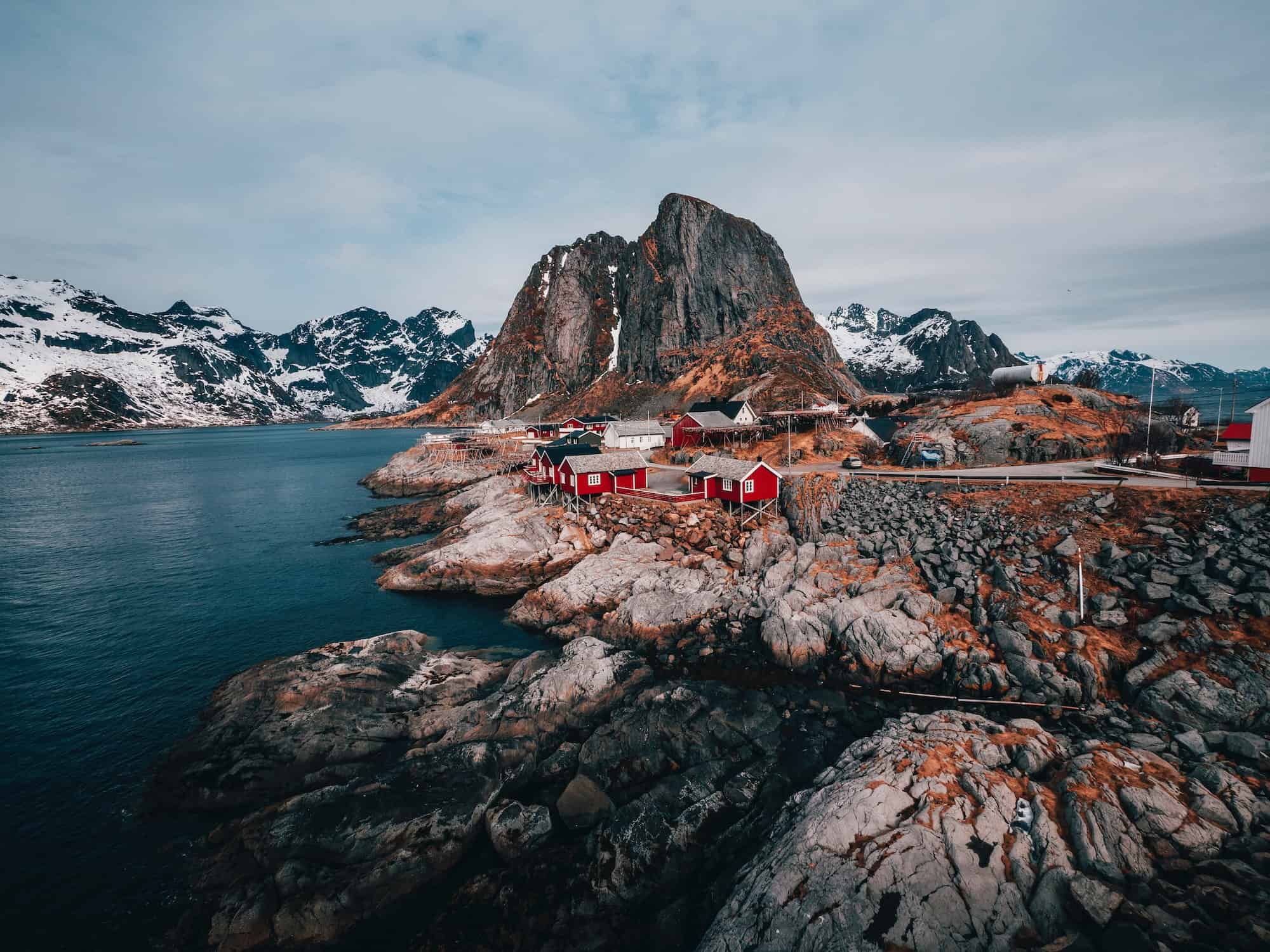
- This event has passed.
Arctic Frontiers Abroad Canada
May 10, 2023 - May 12, 2023

Norway, Canada and Sustainable Development: A Case Study on Blue Economy.
Canada and Norway have the longest and second longest coastlines in the world, with a combined length of approximately 344,000 kilometres. Both countries have unutilized potential for ocean growth, and both have strong policy, research and business developments in the blue economy sector.